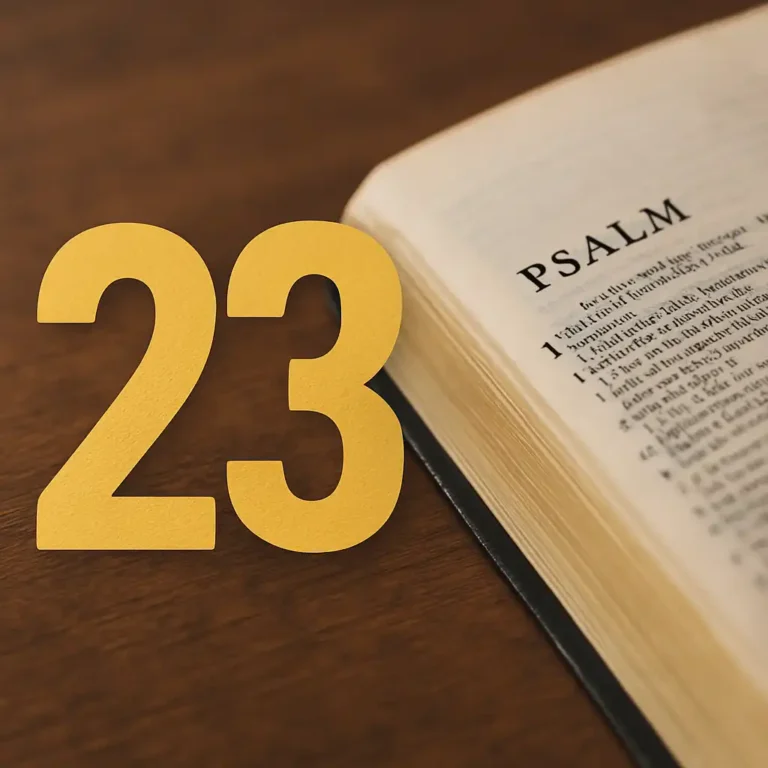The Sacred Significance of 40: A Number of Testing and Transformation in the Bible

The Bible is full of numbers that carry rich symbolic meanings, and the number 40 is one of the most powerful among them. Often associated with periods of trial, spiritual testing, and divine preparation, this number appears throughout scripture during key transformative moments in biblical history. Whether it’s rain falling for 40 days and nights or Jesus fasting in the wilderness for 40 days, the presence of the number 40 signifies that something significant is unfolding in the spiritual realm.
The Symbolic Foundation of the Number 40 in Scripture
The number 40 appears more than 140 times in the Bible, and nearly every mention marks a profound period of transformation. From the Old Testament to the New Testament, 40 signals that a divine process is underway—one that requires patience, faith, and inner growth.
Moses spent 40 days and nights on Mount Sinai receiving the Ten Commandments, and the Israelites wandered the desert for 40 years before entering the Promised Land. Both periods represent journeys of spiritual refinement and preparation for a new chapter ordained by God. These stories don’t just highlight historical timelines—they emphasize spiritual truths about endurance, discipline, and divine timing.
40 as a Period of Testing and Preparation
In biblical numerology, the number 40 often serves as a period of probation or testing. It’s not simply about time passing—it’s about transformation during that time. When Noah faced the flood, the rain poured for 40 days and nights, cleansing the Earth. When Jesus was led into the wilderness by the Spirit, He fasted for 40 days before beginning His ministry.
This repeated symbolism suggests that 40 is a divine pause. It’s the spiritual space where human beings are shaped, refined, and made ready for a higher calling. These stories serve as metaphors for the trials we face in life—when things feel uncertain or challenging, we may be in our own “40” season.
Why the Number 40 Still Matters Spiritually
Even today, many people resonate with the spiritual depth of the number 40. Whether it appears in a significant life event or becomes a personal symbol, it often represents a turning point—a moment when something must be endured, examined, or released in order to embrace transformation.
Wearing or meditating on the number 40 can serve as a daily reminder that your current struggles may have a higher purpose. It speaks to the necessity of endurance and the blessings that await on the other side of obedience and faith.
Embrace the Meaning with a Personal Touch
If the number 40 speaks to you, consider honoring its message through a meaningful token. A subtle and stylish number pendant can serve as a personal symbol of resilience, growth, and divine guidance.

Conclusion
The number 40 is more than a measure of time—it’s a sacred number representing transformation, preparation, and spiritual renewal. As we see in scripture, those who endure their “40” moments emerge stronger, wiser, and closer to divine purpose. By understanding the biblical meaning of 40, we can embrace our own seasons of growth with faith and courage.
Related Articles You Might Find Helpful
Explore more insights into biblical numbers and their powerful meanings:






